Nautilus Institute’s Policy Forum‘s focus is on the timely publication of expert analysis and op-ed style pieces on the foremost of security-related issues to Northeast Asia. Its mission is to facilitate a multilateral flow of information among an international network of policy-makers, analysts, scholars, media, and readers. Policy Forum essays are typically from a wide range of expertise, political orientations, as well as geographic regions and seeks to present readers with opinions and analysis by experts on the issues as well as alternative voices not typically presented or heard. Feedback, comments, responses from Policy Forum readers are highly encouraged.
Policy Forum 10-049: A New Paradigm for a New North Korea
Lee Byong-Chul, senior fellow with the Institute for Peace and Cooperation (IPC) in Seoul, South Korea, writes, “With a new generation rising to power now is the time to focus on the young North Korean technocrats who are willing to reform their country in a way that can help it develop. This will give the North Koreans incentive to engage the outside world. It’s time the global organizations, in particular the United Nations, should try to steer North Korea toward development and co-existence instead of waiting for it to collapse.”
Go to the articlePolicy Forum 10-048: Testing North Korean Waters
Donald P. Gregg, National Security Adviser to Vice President George H. W. Bush from 1982 to 1988, Ambassador to Korea from 1989 to 1993, and Chairman Emeritus of the Korea Society, writes, “Mr. Carter, known for his independence and his willingness to enter into controversy, may well have come back with more than Mr. Gomes. The insights he will have picked up from his talks with top leaders other than Kim Jong-il should coincide with an emerging realization within the Obama administration that its current stance toward the North, featuring sanctions and hostility, is having little positive impact, and that a return to some form of dialogue with Pyongyang needs to be considered… There also is a growing realization in Washington that alienating China is an inordinately high price to pay for putting pressure on Pyongyang. So the White House, in choosing to send Mr. Carter at this time, may deserve credit for seeking to change a hostile stance toward North Korea into a more effective policy.”
Go to the articlePolicy Forum 10-047: Sustainable Security in the Korean Peninsula: Envisioning a Northeast Asian Biodiversity Corridor
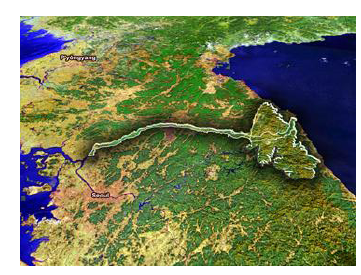
This article by Peter Hayes, Executive Director of the Nautilus Institute, was delivered at the 2010 DMZ Peace Congress in Seoul on August 12-14, 2010. The paper reflects on how indirect and incremental social and political engagement may be a necessary attribute of strategies that build ecological security in a conflict zone. It concludes by contrasting this approach to the characteristics of what the author terms “nuclear insecurity” and suggests that a Northeast Asian Nuclear Weapon Free Zone may be a form of nuclear insecurity that relies less on balances of terror, and thereby is more conducive to the creation of sustainable security in this region.
Go to the articlePolicy Forum 10-046: A New Paradigm for Trust-Building on the Korean Peninsula–Turning Korea’s DMZ into a UNESCO World Heritage Site

Seung-ho Lee, President of the DMZ Forum (http://www.dmzforum.org/), writes, “An agreement by the two Koreas to register the DMZ for tentative listing as a UNESCO World Heritage Site status will give the Six-Party states a new paradigm for searching for peace on the Korean peninsula and for the denuclearization of North Korea. The environmental and cultural preservation of the DMZ will provide an unprecedented opportunity in resolving the military and political deadlock on the Korean peninsula.”
Go to the articlePolicy Forum 10-045: Demography is Destiny: Why South Korea Hasn’t Seen the Last of the Sunshine

Timothy Savage, Deputy Director of the Nautilus Institute Seoul Office, writes, “Neither Lee Myung Bak’s hardline policies nor North Korea’s actions have convinced ‘sunshiners,’ particularly among the 486 generation, that they should give up the pursuit of engagement and reconciliation… Older generations inevitably die out, and the ranks of the young generation are not being replenished quickly enough… This means that the 486ers, Korea’s baby boom generation, will occupy an even greater share of the country’s population than they already do. Unless this group changes its established voting patterns, an eventual return to liberal rule is highly likely, perhaps as soon as the next presidential election.”
Go to the articlePolicy Forum 10-044: The South China Sea Brouhaha: Separating Substance from Atmospherics
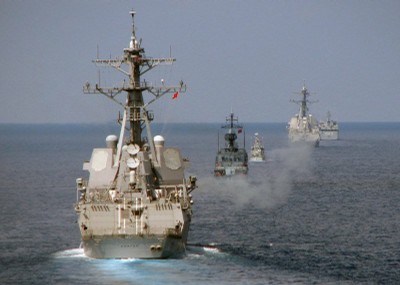
Mark J. Valencia, Nautilus Institute Senior Associate and National Asia Research Program (NARP) Research Associate, writes, “China is unlikely to forgive or forget the fact and especially the manner of US interference. If anything, it may have convinced China that the die is cast. It could confirm its worst fears that the United States is stealthily trying to draw ASEAN or some of its components together with Australia, Japan and South Korea into a soft alliance to constrain if not contain China. And China will struggle to break out politically and militarily, setting the stage for rivalry and tension in the years ahead.”
A version of this report is available in Chinese via the Oriental Morning Post.
Go to the articlePolicy Forum 10-043: Dichotomy of Obama’s North Korea Policy: Deterrence and Sanctions Will Not Solve the North Korean Question without Chinese Cooperation
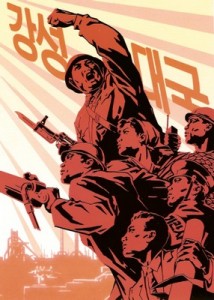
Tong Kim, Visiting professor at the University of North Korean Studies in Seoul and an adjunct professor at SAIS in Washington, writes, “If there is no exit strategy on the part of Washington or Seoul, the Cheonan incident might become a defining moment for the prolonging of inter-Korean confrontation and the opening of a collision course between the United States and China in the years ahead.”
Go to the articlePolicy Forum 10-042: Nuclear Power and Spent Fuel in East Asia: Balancing Energy, Politics and Nonproliferation
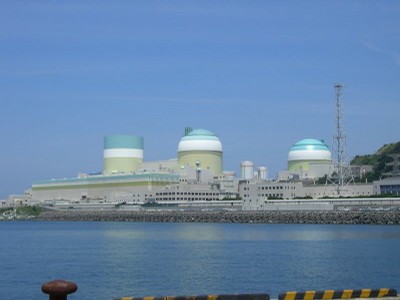
Miles Pomper, Ferenc Dalnoki-Veress, Stephanie Lieggi, and Lawrence Scheinman, write, “a new regional forum for more consistently and openly discussing possible options for dealing with regional spent fuel stockpiles needs to be established. Many regional players are facing similar back end challenges and some of their nuclear authorities are proposing similar solutions; sharing of best practices and lessons learned would be beneficial. Numerous smaller Asian economies are contemplating nuclear power development (such as Vietnam and Indonesia), yet there is little regional discussion or coordination of such issues.”
Go to the articlePolicy Forum 10-041: Will North Korea Be Able to Overcome the Third Wave of Its Collapse?

Suk Hi Kim, Professor of Finance and Editor of North Korean Review at the University of Detroit Mercy, addresses the problem of the third wave of the North Korean collapse in the first decade of the 2000s and asks if North Korea will overcome it. The author explains that a combination of unique cultural and historical factors, including the part played by Neo-Confucianism, the principle of self-reliance (Juche), and the military-first policy (Songun), have contributed to the survival of the crisis-ridden and impoverished North Korean state in the post-Soviet era. Examining these factors in conjunction with established prediction scenarios, the paper argues that the collapse of North Korea in the near future is an unlikely event. Because North Korea will be around for sometime to come, confidence-building initiatives are needed to resolve longstanding security, energy, and economic issues between the country, the major powers, and other regional actors.
Go to the articlePolicy Forum 10-040: Inspector O and the SPA Music Hall
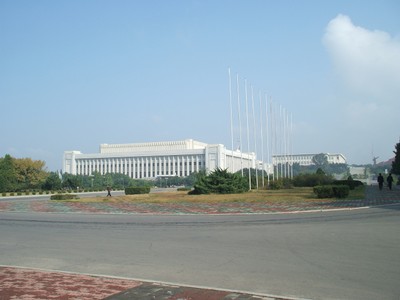
James Church is the pseudonym of is a former Western intelligence officer with decades of experience in Asia. This article is a fictional conversation between himself and Inspector O, the protagonist of his novels, on the recent Supreme People’s Assembly meeting in the DPRK.
Go to the article
